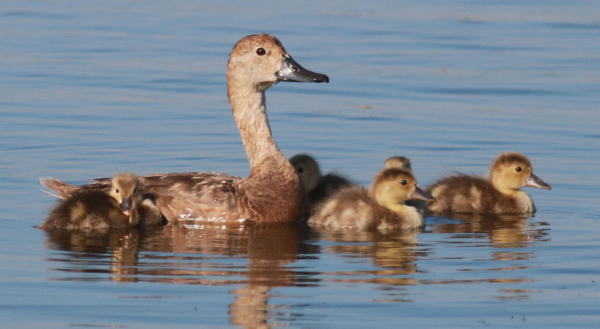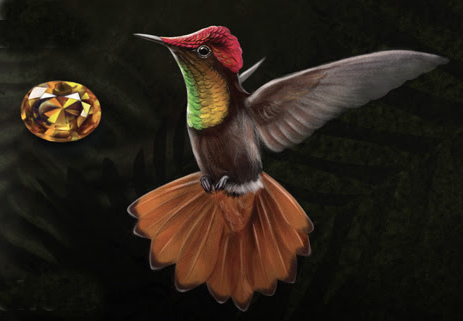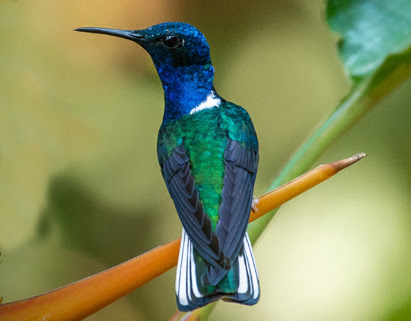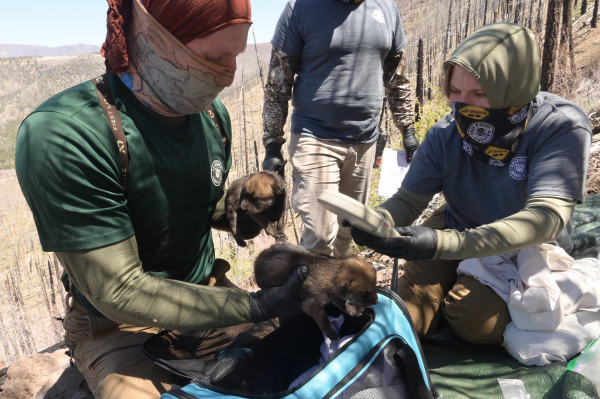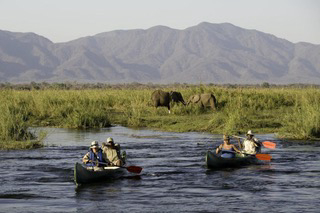Crews cleaning up after 136-acre fire near Manton; fire danger remains extreme in much of the state
Fire crews are still mopping up after an escaped campfire caused an approximately 136-acre wildfire near Manton in Wexford County.
The Fife Lake Outlet Fire began after a campfire at a private residence escaped its ring and burned through dry grass, said Bret Baker, fire supervisor in the Michigan Department of Natural Resources’ Cadillac office.
It was fueled by dry grass and dry leaves and needles on the ground, Baker said. The fire burned through jack pine, red pine and oak trees.
“It hasn’t been this dry before this early in the season,” Baker said.
The homeowner had put water on the fire before going inside.
Michigan State Police assisted the DNR by evacuating a nearby campground. A total of 18 DNR firefighters and crews from five local fire departments battled the blaze. It was contained at about 10 p.m. . Evacuees were allowed to return to the campground around 11 p.m.
DNR firefighters were assisted by the City of Manton Fire Department and the Fife Lake Area, Cedar Creek, South Boardman and Haring Township fire departments. Equipment used included four bulldozers, one skidder and four engines. The USDA Forest Service provided two Fire Boss tanker airplanes, which strategically dropped water on the fire in a coordinated effort with the DNR’s spotter airplane. Read more

